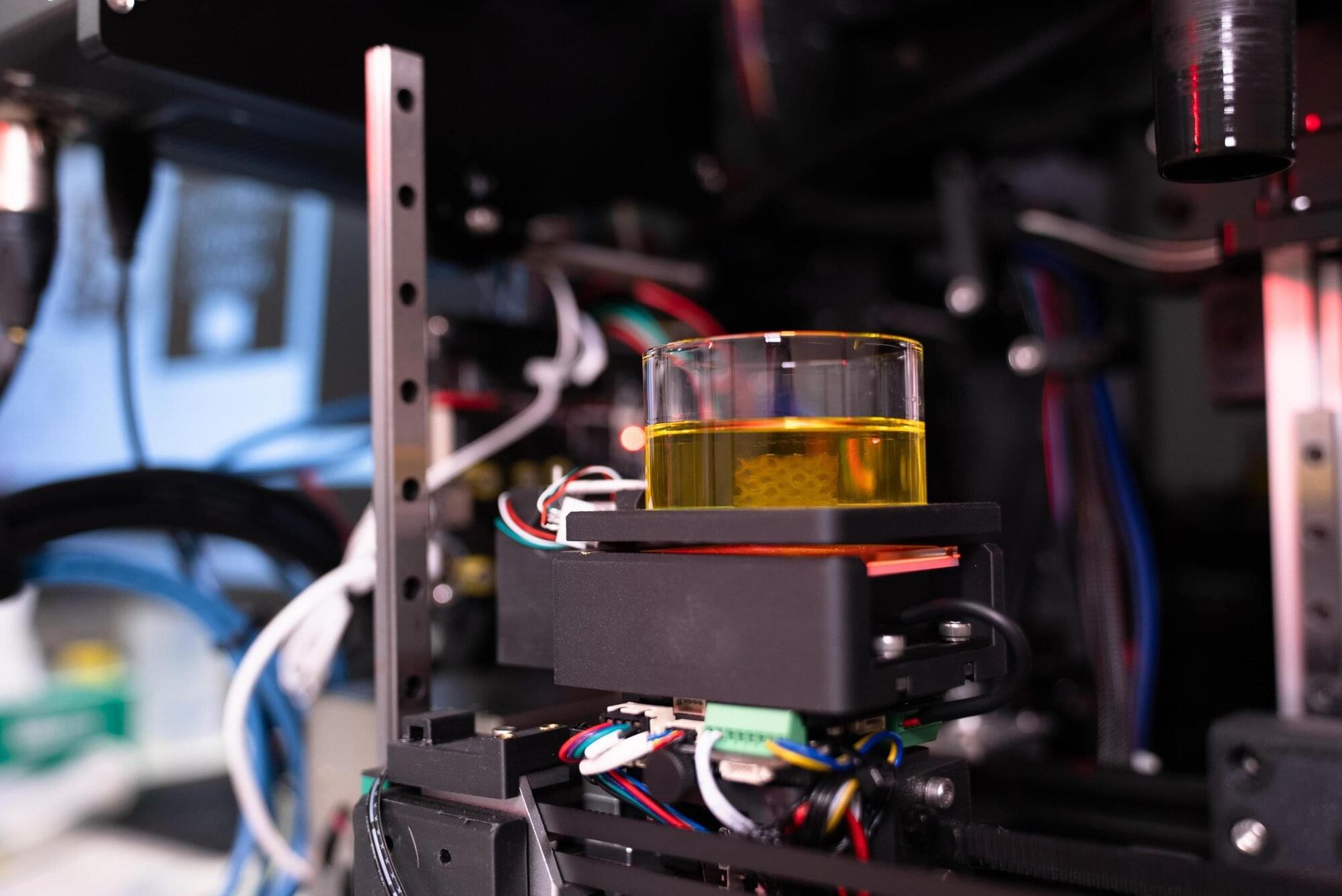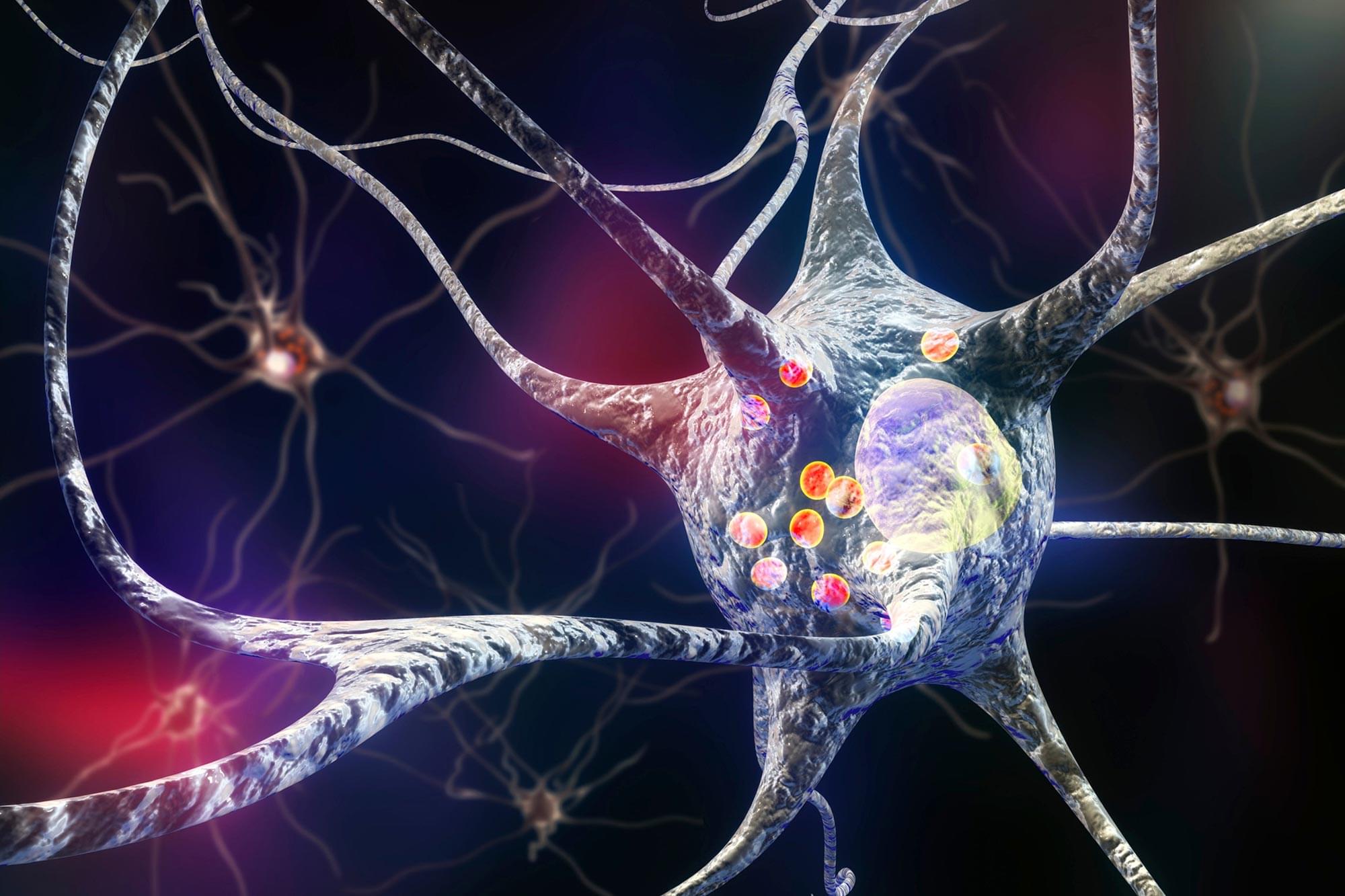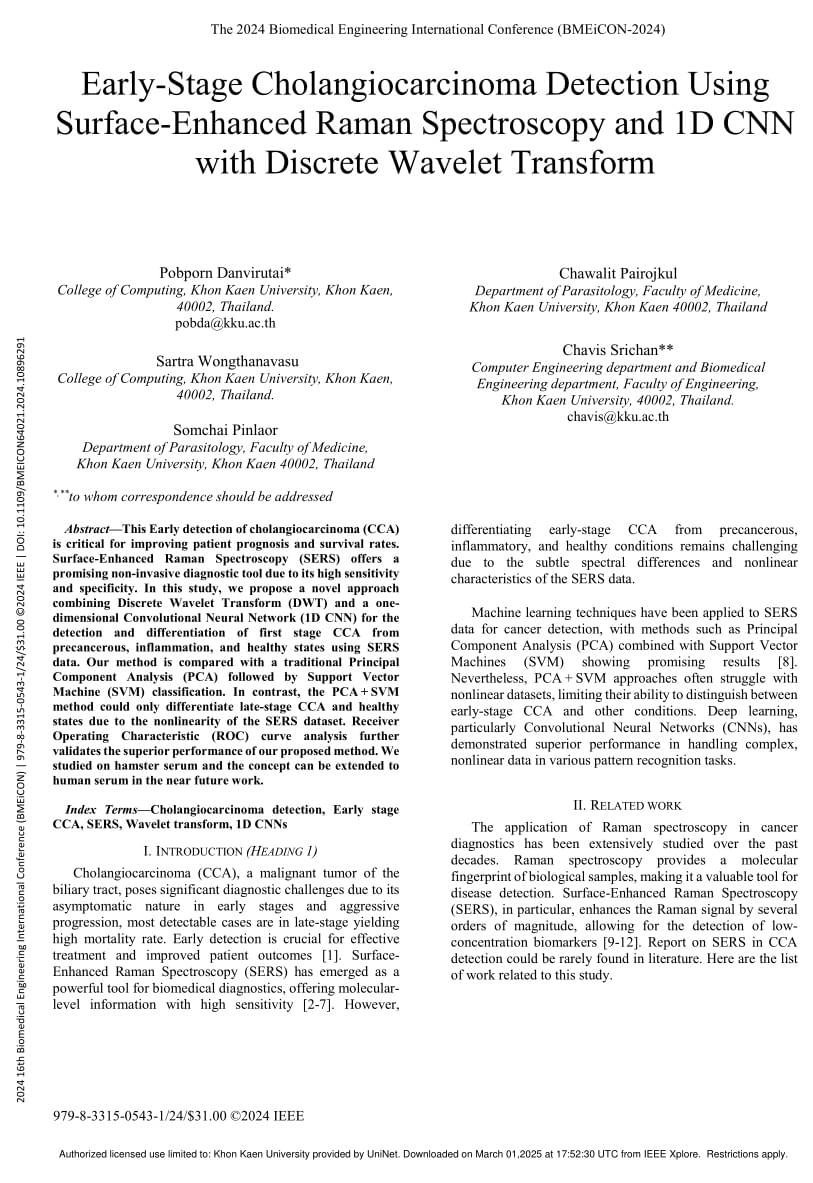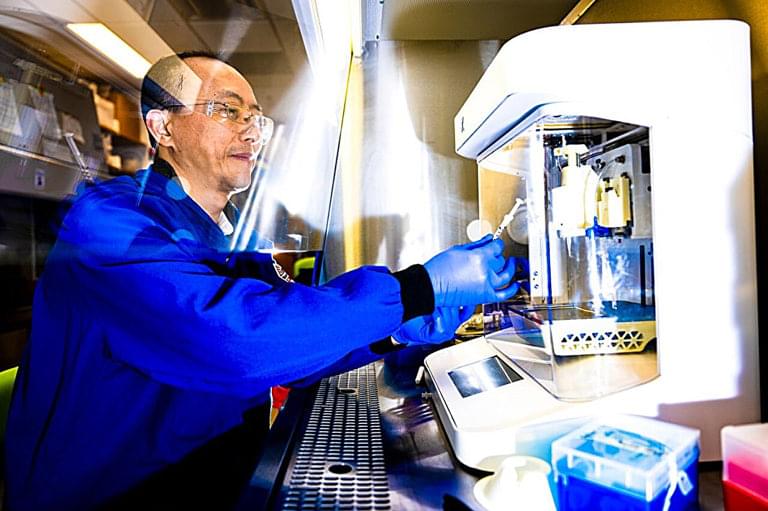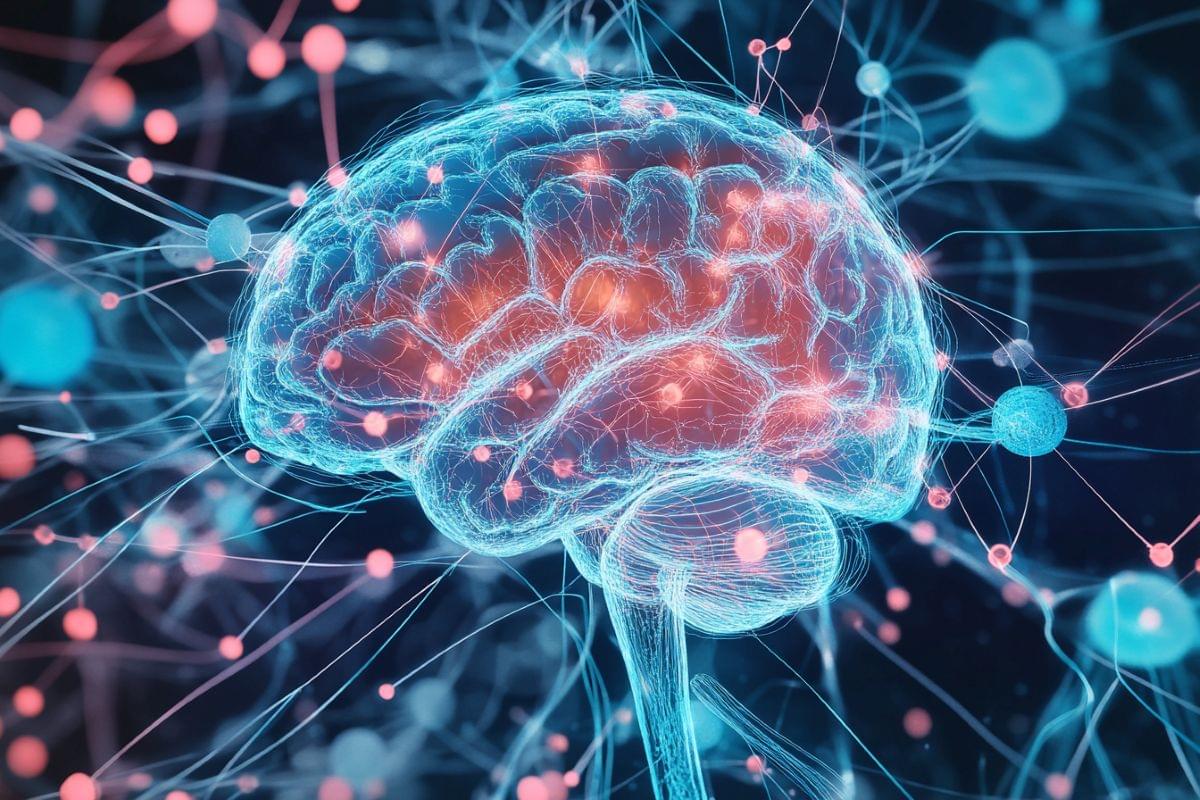Breakthrough in early detection of cholangiocarcinoma using ai-powered spectroscopy.
In a major advancement for cholangiocarcinoma (CCA) detection, researchers have developed a cutting-edge AI-driven diagnostic method that could revolutionize early cancer screening. Utilizing Surface-Enhanced Raman Spectroscopy (SERS), a powerful non-invasive technique, the team introduced a novel approach combining Discrete Wavelet Transform (DWT) with a one-dimensional Convolutional Neural Network (1D CNN) to distinguish early-stage CCA from precancerous, inflammatory, and healthy conditions.
Unlike traditional Principal Component Analysis (PCA) with Support Vector Machine (SVM), which struggles with nonlinear SERS data and only differentiates late-stage CCA, the new AI-enhanced method provides greater accuracy in detecting early-stage cancer, a crucial factor in improving survival rates. Receiver Operating Characteristic (ROC) curve analysis confirmed its superior performance.
The study, conducted on hamster serum, opens the door for future applications in human diagnostics, potentially transforming cancer detection and treatment. This breakthrough underscores the potential of AI and advanced signal processing in enhancing precision medicine and saving lives through early intervention.
This Early detection of cholangiocarcinoma (CCA) is critical for improving patient prognosis and survival rates. Surface-Enhanced Raman Spectroscopy (SERS) offers a promising non-invasive diagnostic tool due to its high sensitivity and specificity. In this study, we propose a novel approach combining Discrete Wavelet Transform (DWT) and a onedimensional Convolutional Neural Network (1D CNN) for the detection and differentiation of first stage CCA from precancerous, inflammation, and healthy states using SERS data. Our method is compared with a traditional Principal Component Analysis (PCA) followed by Support Vector Machine (SVM) classification. In contrast, the PCA + SVM method could only differentiate late-stage CCA and healthy states due to the nonlinearity of the SERS dataset. Receiver Operating Characteristic (ROC) curve analysis further validates the superior performance of our proposed method. We studied on hamster serum and the concept can be extended to human serum in the near future work.
